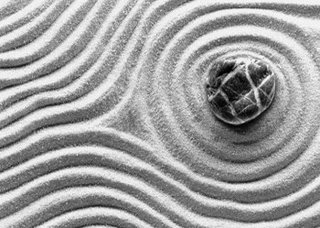
I have been convinced of the truth of global warming from the first time I became aware of the issue and saw the evidence. This movie,
An Inconvenient Truth solidified my firm stance to help our environment and to the severity of the threat that it is facing and suffering from by global warming.
Al Gore presents the arguement in a convincing, powerful and complete powerpoint presentation to a live audience. He covers the subject from all possible angles and addresses the counter-points, shows how they fall short and deconstructs them with vigor and in totality. He then shows what we can do to help bring us back from the point of no return but he warns ( and shows through the presentation) and admonishes us that we are quickly running out of time.
This is a must see documentary whether you currently agree or disagree with global warming. If you see one documentary in you life or this year then make this one it. It may not be the most entertaining but it is perhaps the most important movie to see in the history of film. You will come away with a very solid understanding of the current threats facing our fragile and beautiful environment. Then after seeing this film urge all of your friends and family to see it.
Even if you STILL do not agree with global warming after watching this film I beg of you that we should take action. If for no other reason then it is better to be safe then sorry. After all we only have one planet and we must take precautions and measures to help Mother Earth survive and support human life for generations to come. Do it for your children and grandchildren.
---End of Transmission---
 Have confidence in your own spiritual potentiality, your ability to find your own unique way. Learn from others certainly, and use what you find useful, but also learn to trust your own inner wisdom. Have courage. Be awake and aware. Remember too that Buddhism is not about being a Buddhist; that is, obtaining a new identity tag. Nor is it about collecting head-knowledge, practices and techniques. It is ultimately about letting go of all forms and concepts and becoming free.
Have confidence in your own spiritual potentiality, your ability to find your own unique way. Learn from others certainly, and use what you find useful, but also learn to trust your own inner wisdom. Have courage. Be awake and aware. Remember too that Buddhism is not about being a Buddhist; that is, obtaining a new identity tag. Nor is it about collecting head-knowledge, practices and techniques. It is ultimately about letting go of all forms and concepts and becoming free.











